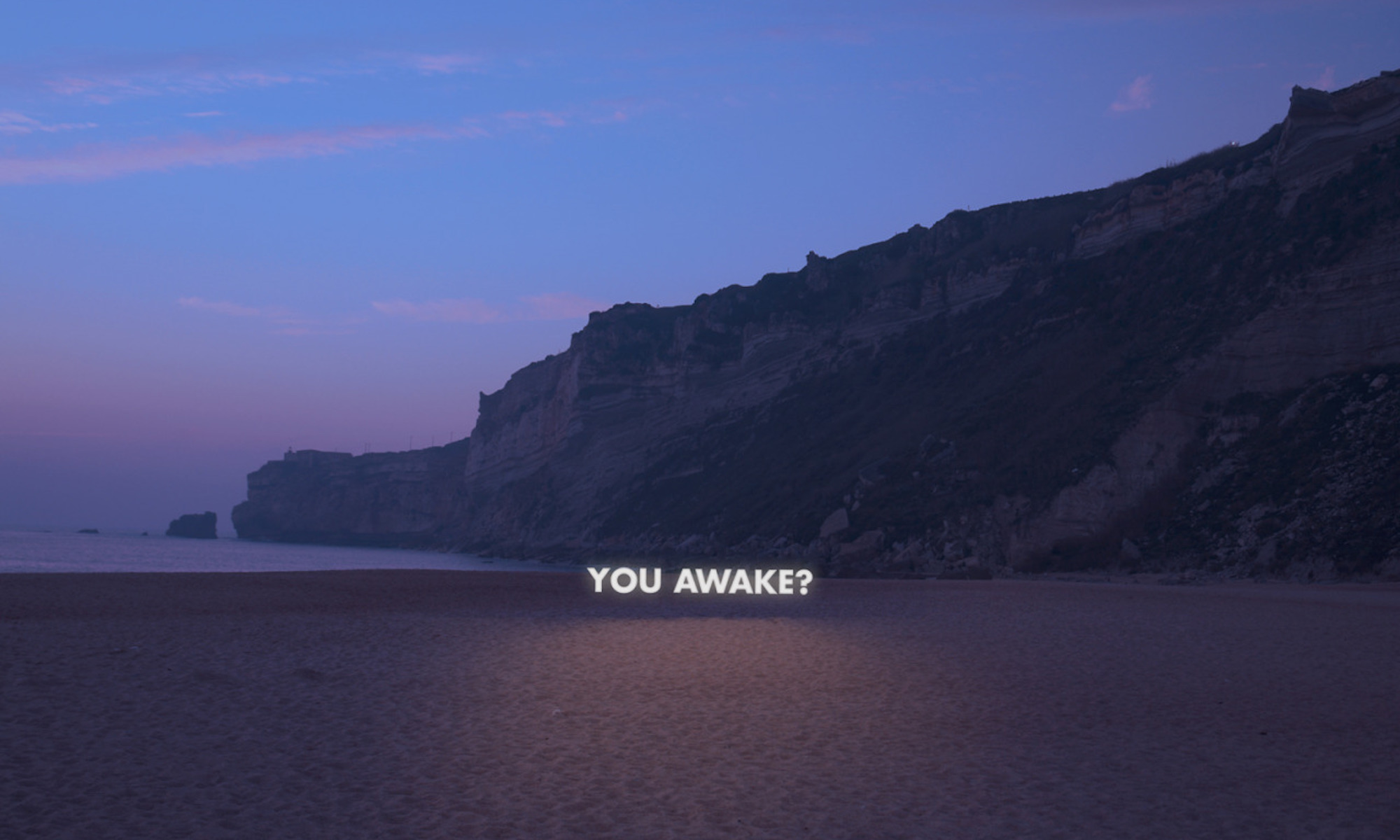
When I first heard that HBO was remaking the 1970s scifi classic Westworld, I was more than a little apprehensive. While Westworld was not by any means great 20th century cinema in like 2001: A Space Odyssey, it was still good—and after seeing it again only about a year ago, I felt it held up well and in my estimation didn't need to be remade.
Well, I've now seen the first two episodes of HBO's journey into the world based on Michael Crichton's closer-than-we'd-like-to-believe future, and I have to say that any doubts I may have had have been erased and it's become one of my personal "must see" series this year.

Much like the team that took the original Battlestar Galactica and turned it on its head, Jonathan Nolan, J.J. Abrams & company have reimaged the original in such a way that I was immediately drawn in with its believability. We're only two episodes into the story, but it's already raising fundamental questions about the nature of sentience and what constitutes life itself—much like Galactica. There's also a decidedly sinister undercurrent to the whole operation; the park itself is only the outward manifestation of much darker things going on behind the scenes. By who and for what reason is one of the great mysteries already presented to the viewer. If I could binge watch the entire series right now, I would, because I want to know what happens next. It's that good.



From the Collider review:
Westworld seems determined to take a no-holds-barred approach to morality in the face of rapid technological advancement. It's not about humans, it's about humanity. What makes it? Who has it? Does our biology make us human? Or is it something more elusive? And can that essence, whatever it is, be translated into electrical impulse? Can A.I. be human? And what does "human" even mean in a world where technology and reality can blend so easily?
You see what I mean, it's pretty deep stuff. The series is essentially a meditation on consciousness, and all the pros and pratfalls that come with an aware state of mind, both human and artificial.
"It's questioning where does life begin," Nolan said,"and what characterizes the importance of life, whether it is a human who is dictated by biological impulses, and neuron synapsing, and the double helixes of DNA entwined within our bodies, or whether it's an artificial being that's coded with zeros and ones."
What makes a person good or bad? And can that which we create achieve a conscience all its own? Can it decide upon its own sense of right and wrong? These are the questions at the heart of Westworld's compelling narrative set-up.
On top of that, Westworld asks some pretty uncomfortable questions of its viewers — well, at least if you ascribe to conventional morality. "Who are we when we don't think anybody's keeping score?" Nolan asked, and that's really the crux of the human characters in a narrative where we're set to identify first and foremost with the robots. Who would you become in an environment like Westworld? How far would you go? And could you stomach watching a "person" brutally suffer, maybe even die, at your hand with every emotion rendered in explicit detail? If you knew they were naught but circuit boards and wires inside, what would you be capable of? And would that internal circuitry immediately deem them somehow less than the biological circuitry that dictates human life?



